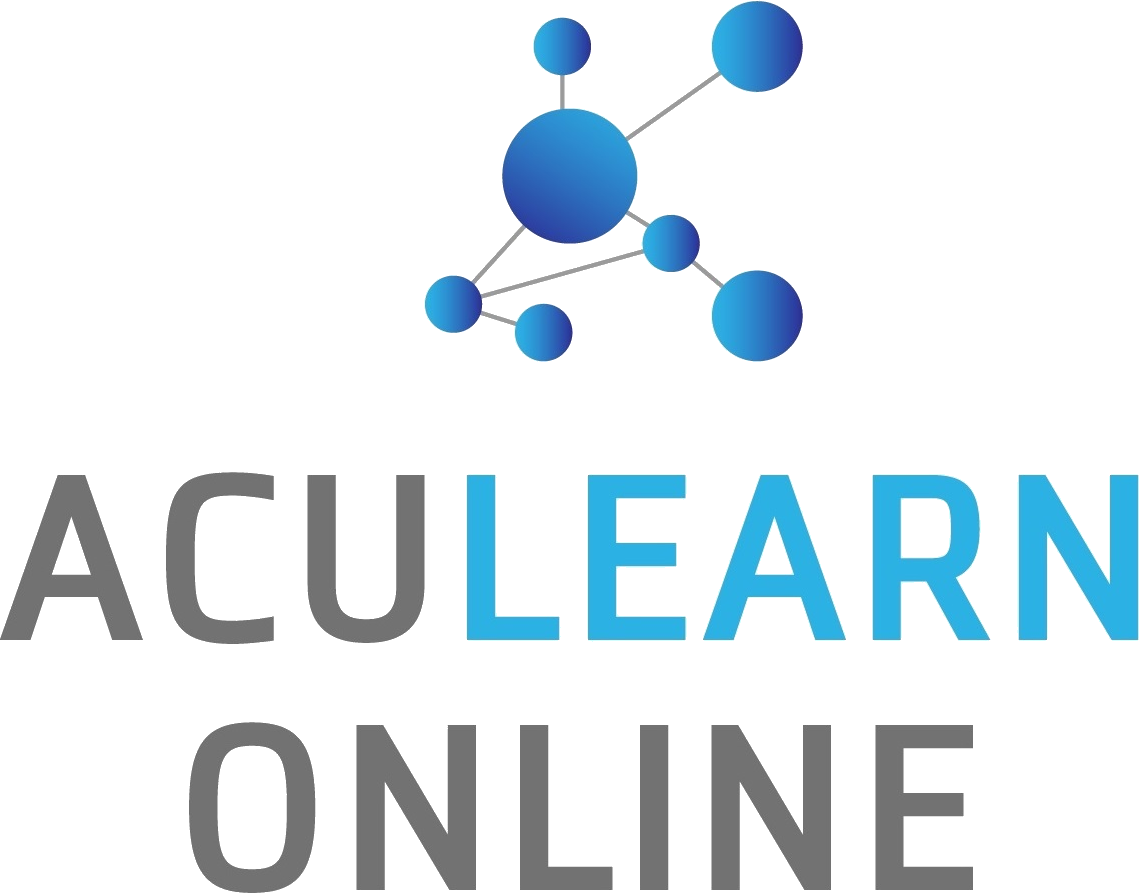What Are The Challenges Of Teaching Science?

The teachers face many challenges while teaching their students, especially PSLE students. Most importantly, the challenges of teaching sciences include the following
- Challenge 1:Defining Science
- Challenge 2: Not a science expert(Teachers own understanding of Science)
- Challenge 3: Student’s understanding of Science
- Challenge 4: There’s never enough time(finding the time to make Science happen in the classroom)
Defining Science:
Try to define Science. Don’t use Google, the dictionary, or your favorite curriculum-referencing website. It’s not easy— teachers can have a very different conception of what Science is. For example, in a study, some questions asked a group of teachers, “What is science?”
They answered that Science is in everything and is everywhere in the world; It helps us understand our planet and form opinions based on evidence. Science is studying how and why things work, the interactions between living things, and questioning and investigating the world around us.
Their answers are not wrong, but imagine how teachers would teach different Science in their classrooms with other teaching methods. Unfortunately, many science teachers may define Science using the traditional scientific method. It is one of the methods to explain how Science can work in some fields, but it is far from the only method to describe science or model scientific inquiry in the classroom.
Not a Science Expert (Teachers own understanding of Science):
Many primary teachers haven’t received their extra training and some practical knowledges in teaching basic Science, especially PSLE science, leading to low confidence in their teaching to the students. As a result, while they teaching their students they will also show less effective science lessons.
Fortunately, as a primary science school teachers you don’t have to be a lab coat-wearing, test-tube twirling scientist to teach your students. Instead of that using engaging questions, robust lesson plans, and some frameworks that connect primary Science and PSLE science to the real world.
Student’s understanding of Science:
The famous and unintentionally hilarious study privileged the Children’s Misconceptions in Primary Science. Teachers have to explain to students a simple, beautiful, and logical naivety that makes young learners learn effectively.
Teaching PSLE science relies on understanding what your students know in other content areas. For example, every student needs to be able to read and write sufficiently to document their findings and have a good grounding in mathematics to do analyses.
There are some roadblocks to consider, like:
- Must clarify every student’s misconceptions about “why stones do not grow.”
- Proposing some abstract concepts like the forces of push and pull
- And ensuring students’ knowledge in other areas can help them with their science inquiry
There’s never enough time(finding the time to make Science happen in the classroom)
In every educational platform, demands different requirements are that met in class – but outside of the classroom, there’s preparation time to consider:
- Finding resources: 1 – 3 hours
- Making lesson plan: 1 hour
- Setting up class for science lesson: 30 min
- Class Discussion/Teaching: 20 minutes
- Students experiment: 45 min-1 hr hour
- Packing away lesson: 30 min
- Evaluating outcomes: 1 hour
Among the problems faced by the student-teacher are:
- Planning the lesson.
- Poor class management and control.
- Lack of facilities in practicing schools.
- Flawed way of their teaching.
- Ineffective usage of teaching aids.
- Don’t have the ability to differentiate between the individual child’s needs.
In a recent survey, teaching PSLE science has many challenges and rewards. One of the significant and biggest challenges teachers face as science teachers are creating lessons that will get students to learn and keep them interested in learning Science. Many students find it easier to stay on task when they can relate to the topic they are studying. In addition, it stimulates them to involve themselves directly in the activity personally. Every teacher’s intention will be more successful in engaging student interest when they understand the material and are excited by it.
Here are the Solutions to your problem: What primary science teachers can do to teach their students more effectively!
There are some effortless steps that you can take to start building solid science learning in your primary class:
- First, start with a solid lesson plan that engages students from the beginning!
- Understand yourself with the 5E Model of Science, such as Engage, Explore, Explain, Elaborate, and Evaluate.
- Plan how you can connect your science lessons to the real world and make learning relevant to your students’ interests.
- Create a scientific learning environment in your class. We have written some great tips on how you can encourage learners to get into the scientific headspace, like making a Wonder Table, getting hands-on, and surrounding your class with Science.


